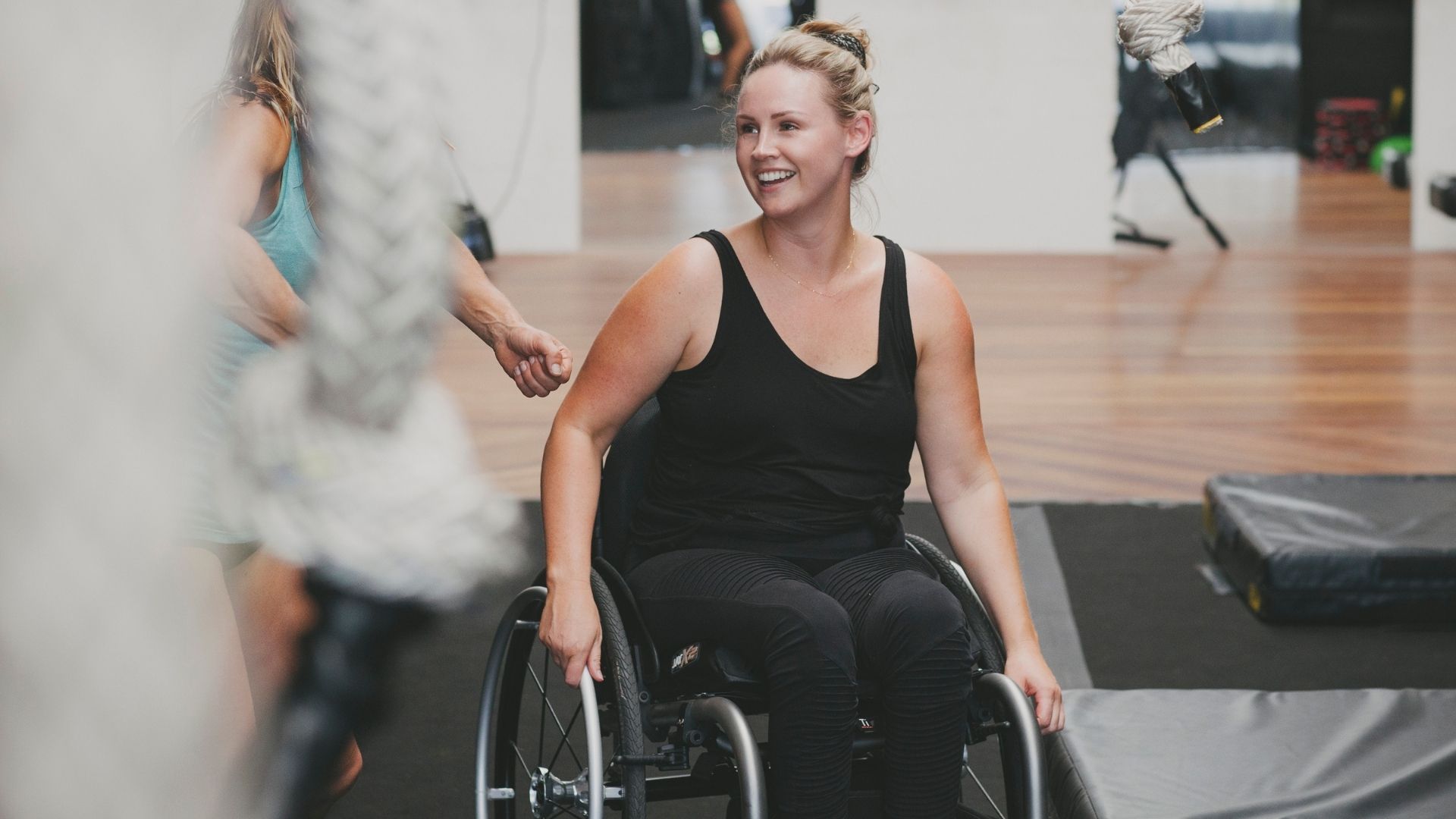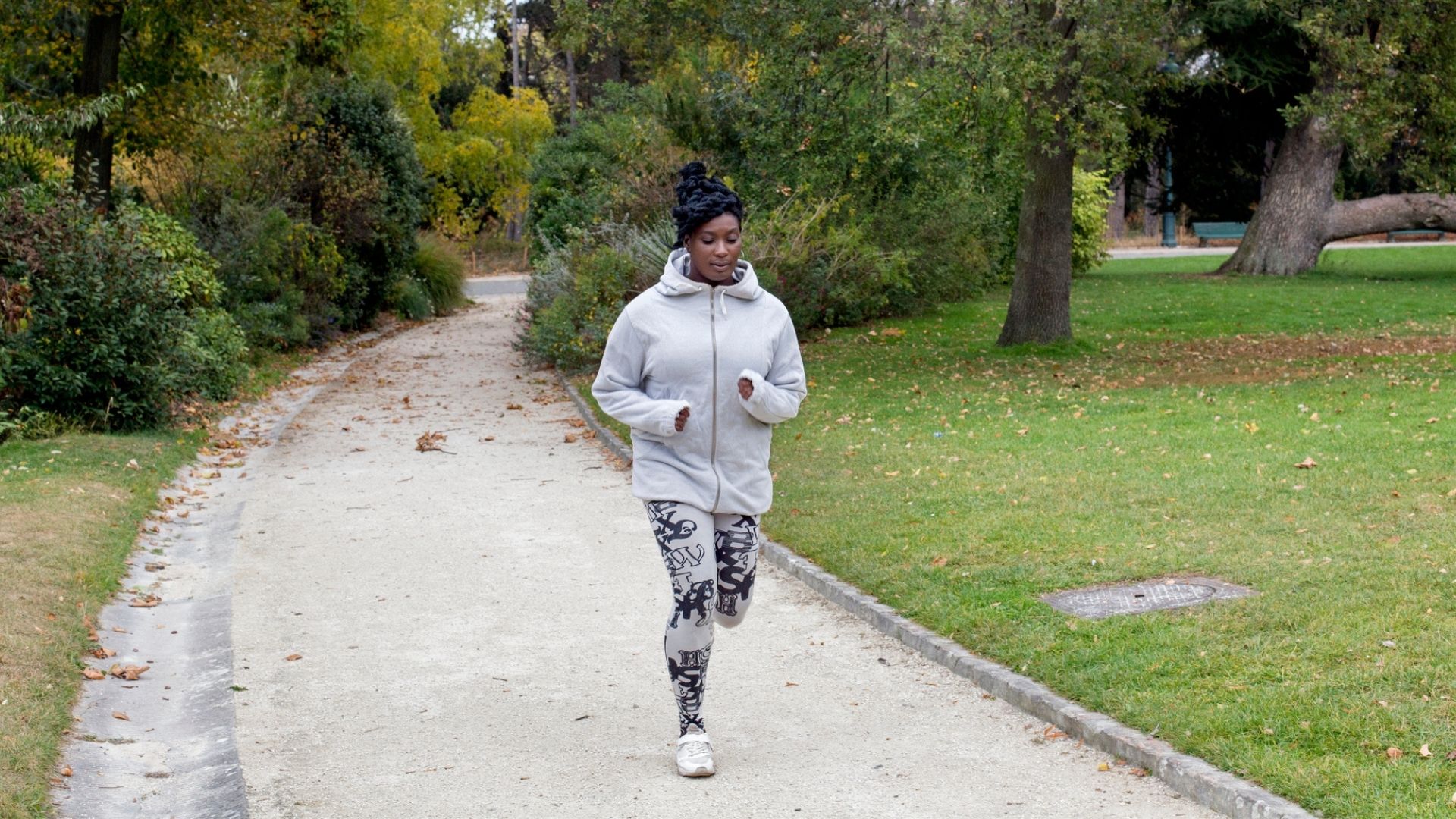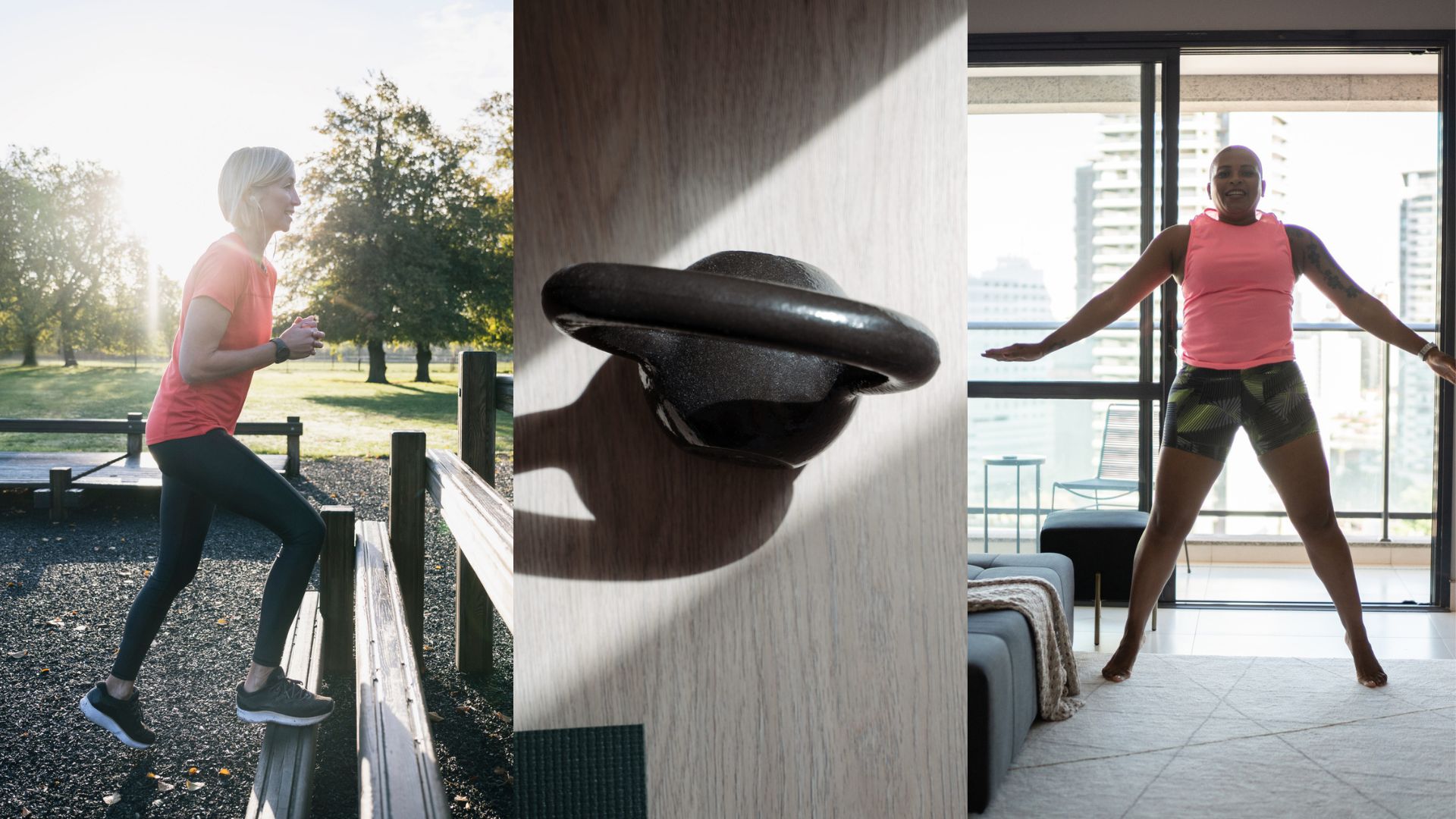How much exercise per week do I need to do?
How much exercise per week you need to do depends on a whole variety of factors, from workout routine to sleep schedule


How much exercise per week we need to do depends on a whole number of factors, from current levels of physical fitness to sleep schedules, which means that it's likely going to be slightly different for every person.
What is true for everyone, however, is that exercise is essential for both physical and mental wellbeing. Not only does it famously help with improving our cardiovascular fitness, reducing the chances of adverse health conditions, but it ensures that we can stay up, moving and doing the things we enjoy for the rest of our lives.
The most successful exercise, however, will always be the one that you love (or at least like) doing. Never fancied running? When it comes to walking vs running, it'll be better to opt for the former. Not a fan of the cold? There could be all the benefits of cold water swimming in the world but if you don't enjoy it, you're unlikely to keep up the habit. This is what the experts want you to know about exercising if you're starting from scratch.
How much exercise per week is recommended?

"Both the NHS and the US Department of Health have recommended that adults build up to around two and half hours of moderate-intensity physical activity each week, or one hour and 15 minutes of vigorous-intensity activity to get all the health benefits that come with exercise," Dr Anna Lowe, physical activity clinical champion for Public Health England, explains.
Moderate exercise, as defined by the NHS, is movement which raises your heart rate, makes you breathe faster and makes you feel warmer. How you'll know your working at this level is that you'll be able to talk while you're working out but you won't be able to sing. This tends to include activities like brisk walking, riding a bike, dancing and hiking. Anything more than this, such as running or swimming where you have to breathe hard and fast, is considered vigorous activity.
The same guidance from both the UK and US health bodies suggests that strength training, which works all the major muscle groups in the body, should be incorporated into workout routines at least two days a week on top of this.
But even the smallest amount of exercise every week can make a difference. "It's important to remember that if you aren't currently very active, then any small increase in activity levels really helps," explains Dr Lowe. "A really good start is to think about your current level and then think about how you can weave a bit more activity into your day."
Sign up for the woman&home newsletter
Sign up to our free daily email for the latest royal and entertainment news, interesting opinion, expert advice on styling and beauty trends, and no-nonsense guides to the health and wellness questions you want answered.
This might be lacing up a pair of the best walking shoes and pacing to work in the mornings if you live close enough, or going your normal route for some of the way there and walking the rest.
How much exercise should I do per day?
If you're aiming for moderate-intensity exercise, you should do between 21 to 38 minutes of exercise per day. Under the guidelines, you can do the two and half hours of exercise spread across the seven days of the week or over four days, minimum.
While this might seem like a lot and hard to keep up with if you're new to working out regularly, it's a lot easier when you're doing something you enjoy. "Being active can take many forms and it's important to do something that you love," Dr Lowe says, "New habits won't stick if you don't enjoy the activity. It doesn't mean going to the gym if you don't enjoy that - just building a brisk walk into your day, maybe down to your favorite coffee shop or to meet a friend is a great start."
How much cardio per week?

If you want to build cardiovascular fitness, then you'll need to aim for between two to three sessions per week of at least 20 to 30 minutes to begin with, explains Adam Grayston, body and mindset coach.
"One workout per week would result in very slow progress cardiovascular wise. You need to aim for two to three sessions per week, whether that's power walking, cycling or a HIIT workout," he says. "Cardiovascular fitness is all about getting your heart rate up, so you would want to be pushing yourself to about a seven out of ten during each session in terms of effort, at least for the first month before you begin to push harder."
If you're in the UK, a program like couch to 5k is a great way to get started with running. As the name suggests, the NHS-approved app takes complete beginners all the way through to doing their first 5k run.
An activity like Crossfit is also a good way to build cardio fitness and there's a huge sense of community behind the activity, however Adam warns, "I wouldn't recommend Crossfit for beginners, as it's an intense workout which can be too much too soon for some people."
If you're taking up running for the first time and if you can, it's useful to get kitted out with some of the best running shoes to help support your feet, knees and hips, along with other running gear that's suitable for the season - such as a windbreaker for the colder months and shorts or lighter leggings for the summer.
Why is it important to exercise every week?
Exercise is essential to our physical and mental wellbeing. In the UK alone, not exercising enough is linked to one in six deaths and up to 40 percent of chronic health conditions, including cardiovascular disease and type 2 diabetes, according to Global Burden of Diseases, Injuries and Risk Factors Study.
The most recent figures state that one in four women and one in five men are physically inactive – which means they do less than half an hour’s moderate exercise per week – and 29 percent of us sit down for six or more hours a day.
Leading research by the University of Missouri also points out that exercise is integral for maintaining bone and muscle health. As we age, if we don't put our bodies under physical pressure with weight, we lose muscle mass and bone density which contributes to conditions such as osteoporosis.
But not only that, exercise has been proven to play an integral role in our mental health. While working out is certainly not a 'cure-all' for serious mental health conditions, studies from the University of Michigan and City University in London have found that exercise can reduce rates of anxiety and depression, improve mood, self-esteem and cognitive function.
As many sports and exercises come with their own communities, from running clubs and hiking groups to weightlifting gyms and rowing teams, exercise can also help to reduce feelings of loneliness and prevent social withdrawal, something that's becoming increasingly common in modern times.
Other benefits of exercise include helping with how to better sleep, increased productivity, improved learning, more social interaction and reduced stress. And, if you’ve been working from home recently, something as simple and gentle as yoga can improve your posture.
“Becoming more active has many health benefits; it helps promote healthy ageing and support positive mental health,” says Dr Lowe.

Grace Walsh is woman&home's Health Channel Editor, working across the areas of fitness, nutrition, sleep, mental health, relationships, and sex. She is also a qualified fitness instructor. In 2025, she will be taking on her third marathon in Brighton, completing her first ultra marathon, and qualifying as a certified personal trainer and nutrition coach.
A digital journalist with over seven years experience as a writer and editor for UK publications, Grace has covered (almost) everything in the world of health and wellbeing with bylines in Cosmopolitan, Red, The i Paper, GoodtoKnow, and more.
-
 Need spring style inspiration? Jennifer Aniston proves a shirt dress is the most versatile item you can invest in
Need spring style inspiration? Jennifer Aniston proves a shirt dress is the most versatile item you can invest inIf you only buy one piece this weekend, make it a shirt dress
By Matilda Stanley Published
-
 Celebrities you never knew got their start as models, from Angelina Jolie's 'terrible' experience to A-listers who started as pageant queens
Celebrities you never knew got their start as models, from Angelina Jolie's 'terrible' experience to A-listers who started as pageant queensWhether it was just for a short time or it's how they got discovered for something else, these stars owe it all to striking a pose
By Jack Slater Published
-
 Tips for running your next marathon, whether it's your first race or you're a seasoned marathoner
Tips for running your next marathon, whether it's your first race or you're a seasoned marathonerFrom race fuelling to recovery, these handy tips can get you through your training, from your first run to race day
By Grace Walsh Published
-
 Easy everyday habits to up your fitness stamina
Easy everyday habits to up your fitness staminaOut of breath and out of shape? Try these fitness hacks to up your game
By Natalie Denton Published
-
 How to be more productive when you feel tired
How to be more productive when you feel tiredBeing productive when you haven't had enough sleep can be tricky. Here, we reveal the tips to stay focused
By Grace Walsh Published
-
 How to create a life-enhancing morning routine
How to create a life-enhancing morning routineOur expert guide to a morning routine that will set you up for the day
By Lauren Hughes Published
-
 How to be a mental health ally, so you can better support those who are struggling
How to be a mental health ally, so you can better support those who are strugglingBeing a mental health ally is an important role - but here's what you need to know...
By Lauren Clark Published
-
 32 exercise snacking ideas to boost your activity at home or the office
32 exercise snacking ideas to boost your activity at home or the officeExercise snacks are small bursts of movement to keep you active throughout the day. Here are some ideas to incorporate into your workout plan
By Grace Walsh Published
-
 32 essential hiking tips for beginners to get onto the trails or into the mountains
32 essential hiking tips for beginners to get onto the trails or into the mountainsIf you're new to hiking, having a list of need-to-knows can make all the difference and help boost your confidence on the trails
By Grace Walsh Published
-
 32 high-protein foods to keep you full for longer
32 high-protein foods to keep you full for longerWant to fuel your body properly? These naturally high-protein foods will power you through the day...
By Lauren Clark Published